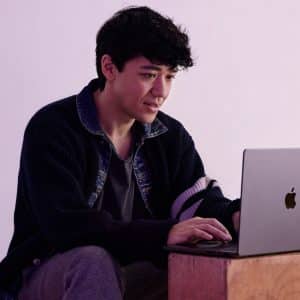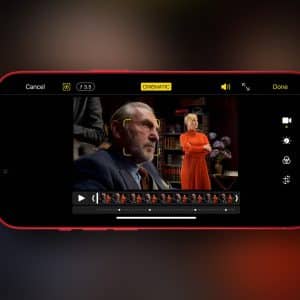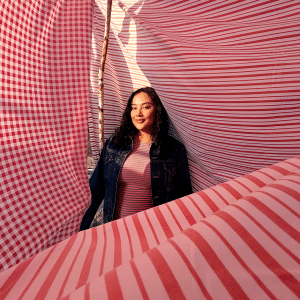palimpsest
ˈpalɪm(p)sɛst
noun
When three architecture students were told that their London studio was going to be steamrolled to make room for the new High Speed 2 railway, they found a way to involve virtual reality. The result of this was Palimpsest, a program that uses 3D scanning to create virtual records of demolished buildings.
The students are part of University College London’s Bartlett School of Architecture. The program was named after the ancient practice of overwriting parchment manuscripts and John Russell Beaumont, one of the program’s creators, referred to Palimpsest as an “historical document.”
Beaumont, alongside co-creators Takashi Torisu and Haavard Tveito, scanned St James’ Garden in Euston, a place that is soon to be inaccessible, with LiDAR rigs that they used as a blueprint for a walk-able virtual stage complete with 3D videos of buildings.
If you’re a proud owner of an Oculus Rift, you’ll be able to experience Palimpsest now but Beaumont has expressed an interest in releasing this for Google’s augmented reality platform Tango that will allow users to scan 3D environments with their smartphones. “With Tango on their phones, [users can] scan their houses and maybe record a video of themselves talking about their experiences and concerns,” Beaumont said.
Palimpsest could be a program where past, present and future places co-exist and a platform that allows this to be openly discussed. It gives those who are unhappy about future community development somewhere to express their opinion instead of having to speak to developer’s directly where they may feel intimidated.
The creators next step will be to scan Hackney Wick, an area also undergoing sudden redevelopment, but of course VR will not do anything to lessen the gentrification that continues to occur throughout the city. Psychologically, though, Beaumont says that he sees the program as “cathartic” and that “in these situations, people just like to be listened to.”






